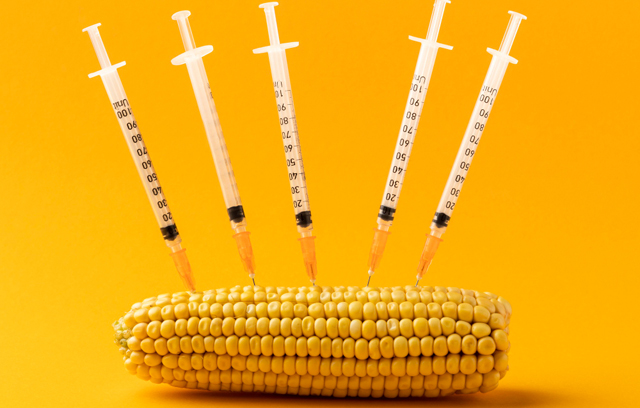Source: Ukragroconsult (Ukraine)
Analysts and industry insiders indicate, as reported by Reuters, that China intends to cultivate genetically modified (GM) corn on an area four to five times larger than last year’s. This marks a significant acceleration in the uptake of biotechnology, which had previously been hindered by strict government regulations, public doubts, and inconsistent trial outcomes.
Following decades of cautious policy, China has accelerated the approval of new GM seed varieties over the past two years, framing biotechnology as a strategic tool to enhance food security.
Data from CITICS Research and three representatives within the seed industry project that the area planted with GM corn in China will expand from roughly 670,000 hectares to between 3.3 and 4.1 million hectares by 2025.
Although this push is not directly connected to the ongoing US-China trade tensions, reducing reliance on imported corn may provide Beijing with additional bargaining power. For context, the United States accounted for 15% of China’s total corn imports last year.
Even with the increased cultivation, GM corn currently constitutes only about 7% of China’s total corn acreage, a stark contrast to the US and Brazil, where coverage exceeds 90%.
While China has the capacity to rapidly approach these higher percentages, the government remains cautious due to persistent skepticism among farmers and consumers. Moreover, stringent regulations on seed distribution complicate strategic planning and have resulted in an excess of seed supplies from domestic producers.
Reports suggest some farmers are already resorting to unauthorized GM seeds or hybrid seeds in pursuit of greater yields.
In response, the Ministry of Agriculture has urged provincial authorities to strengthen enforcement against illegal GM seed trafficking.
Yvain Rogers Pei, an analyst at Trivium China, noted that transitioning from small-scale trials to widespread planting might initially cause yield reductions, as farmers cannot devote the same level of care to individual plants.
He concluded, “If the new varieties prove successful, cultivation will expand significantly – there will be no turning back.”

